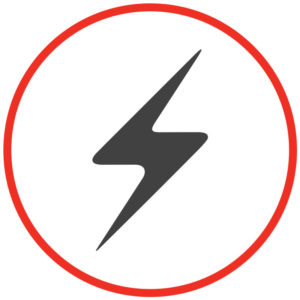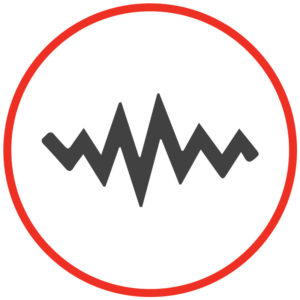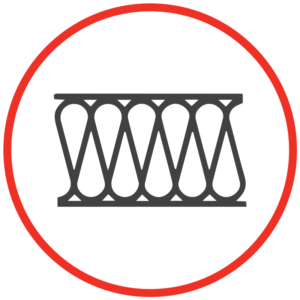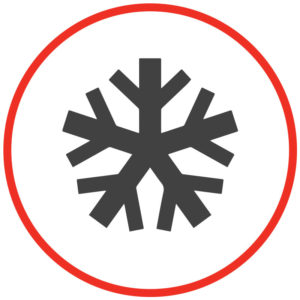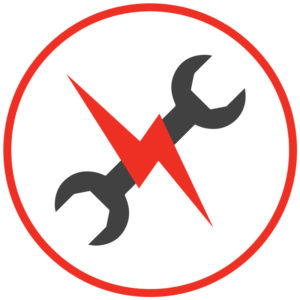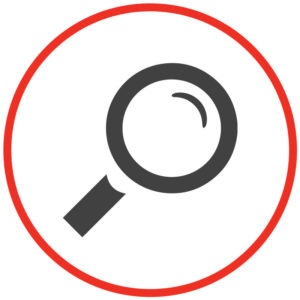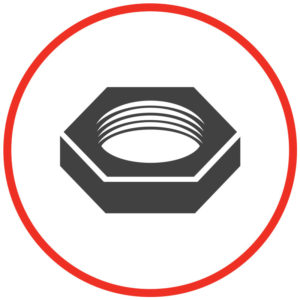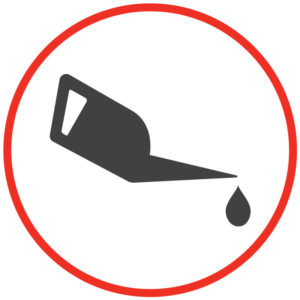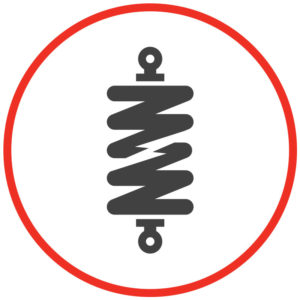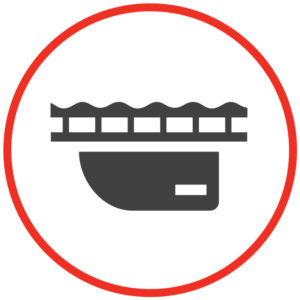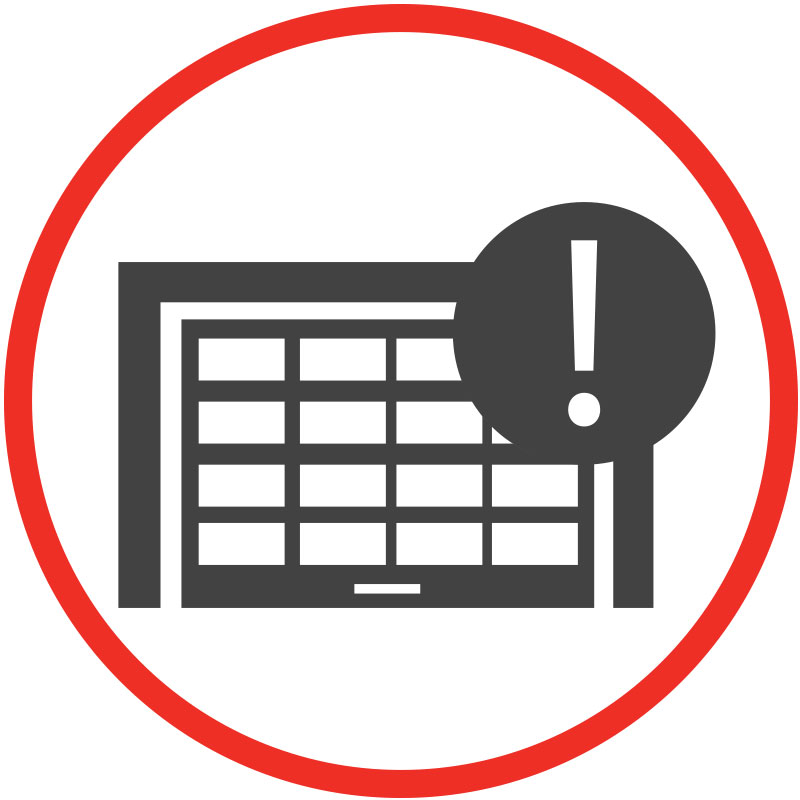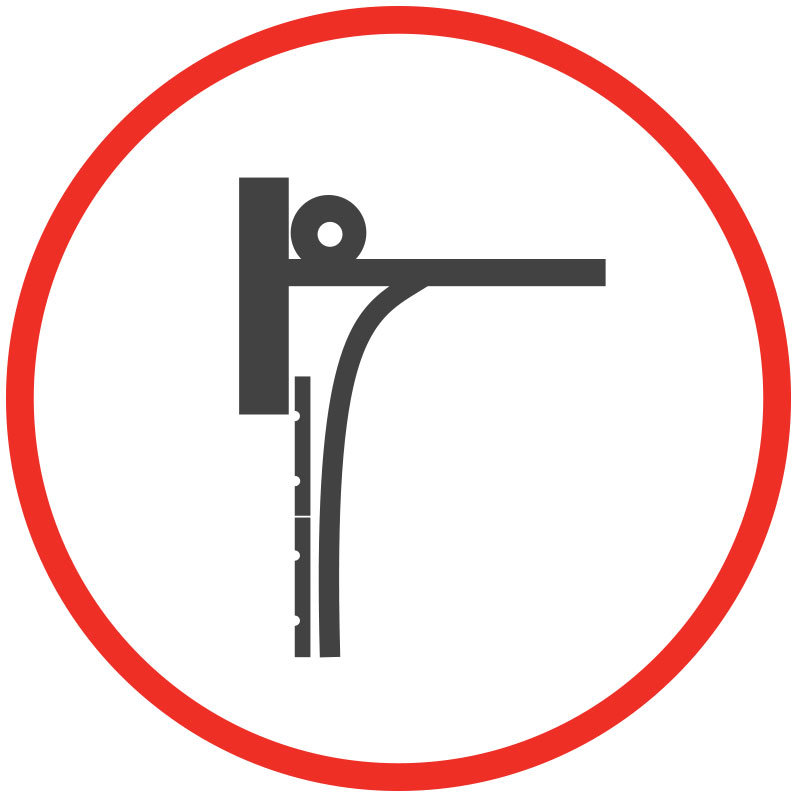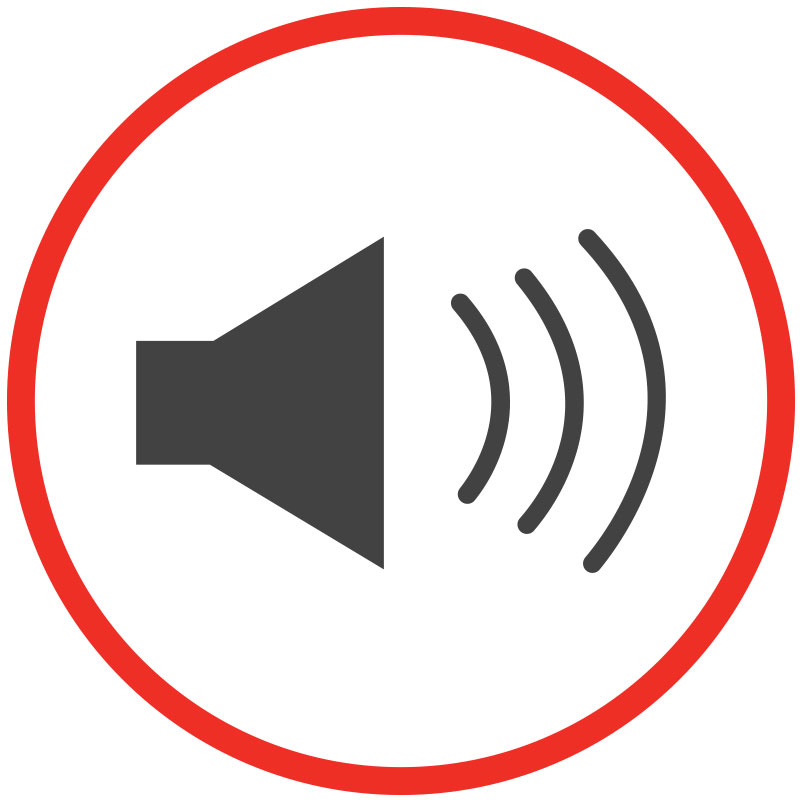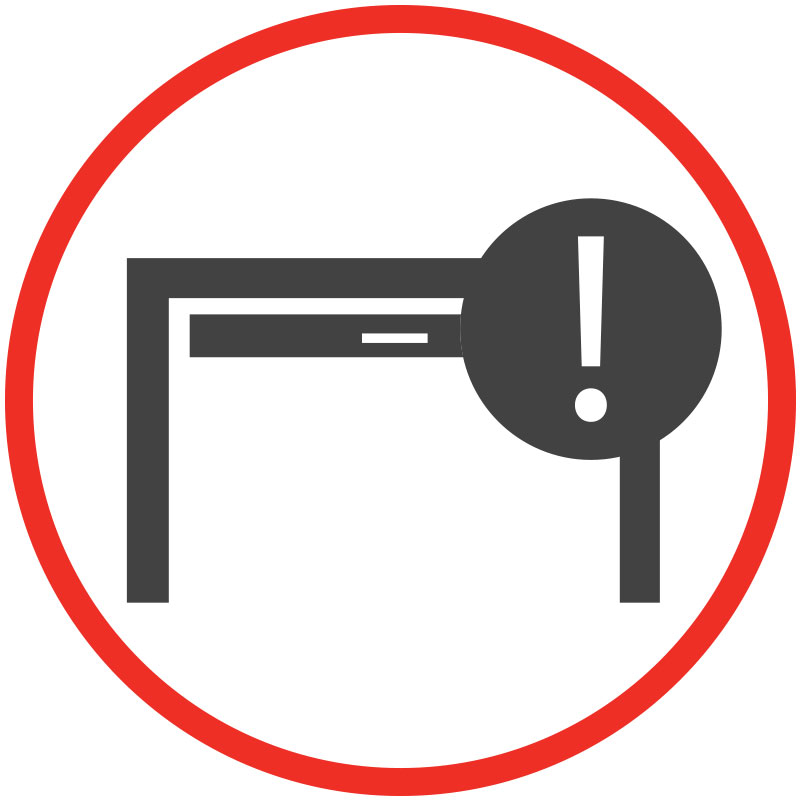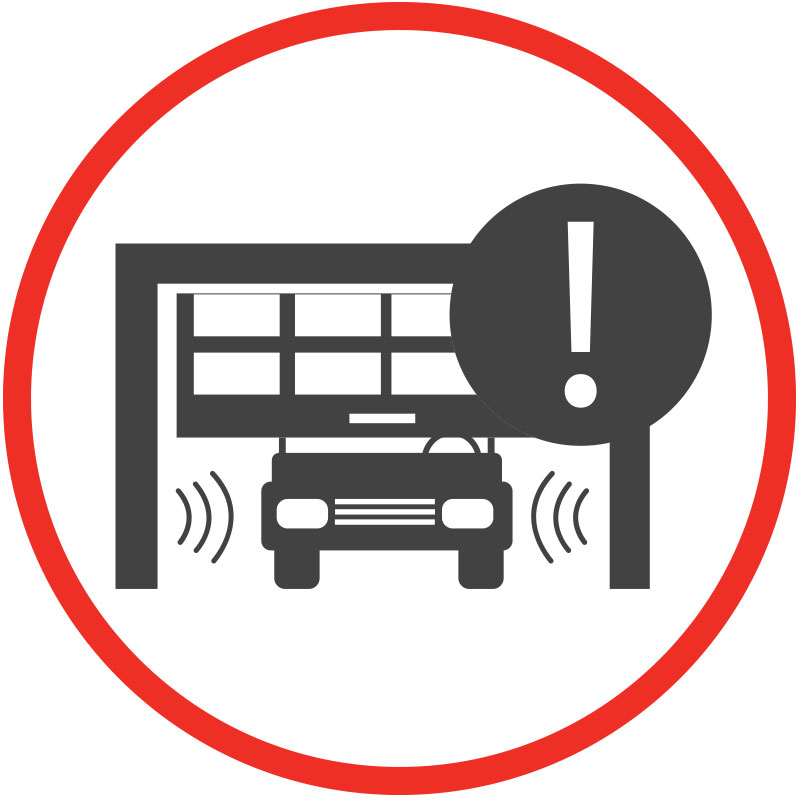Fargo-Moorhead Winter Survival: Fixing Common Winter-Related Garage Door Issues
“Cold out there, eh?!”. For the next 6 months, 90% of Midwestern small-talk will revolve around the weather. It’s also during this period that cuss words reach their yearly high within our humble communities. Ear muffs won’t function solely as barriers to the cold.
This genetically-programmed small talk is enough to drive anyone insane.
Other insanity-inducing products of winter are garage door issues. Winterizing is a key part of any home’s annual maintenance, but if your garage door is overlooked, the results can be inconvenient and even dangerous. As temperatures plummet during the winter months, without proper garage door maintenance, you or your family could be stuck in your garage, or even worse — stuck outside.
Let’s explore the fixing common winter-related garage door issues.
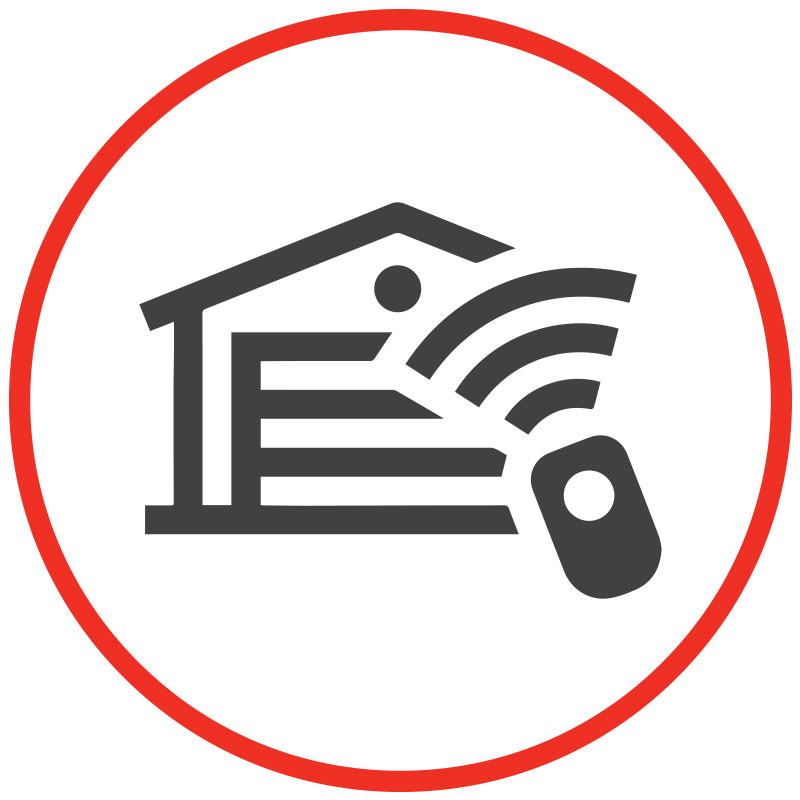
Garage Door Opener
If your garage door is not working properly, and you have an automatic garage door opener, cold temperatures may be guilty of causing garage door opener issues.
To self-diagnose, simply attempt to opener your garage door manually. If it opens fine, it is likely a garage door opener issue. Check the batteries for your opener’s remote, reconnect the opener, and try again. If the door still doesn’t work, call one of our technicians, as they can further diagnose issues related to your opener and power supply.

Garage Door Spring
If your garage door won’t open manually, or it feels like it weighs a ton, you may have a broken garage door spring. This happens more often in the winter/colder months because spring wire weakens in colder temperatures and, therefore, become more brittle.
Another sign of brittle spring wire is a popping noise when opening or closing your garage door. This popping noise is often the sound of your spring breaking. If your spring is broken, you may be able to see the long coil above your garage door split into two pieces.
As mentioned in many of our other articles, garage door springs are usually rated for 10,000 cycles, with each cycle being an open and close of the door. If you have lived in your home for 7 years or longer, use your garage door daily, and have never replaced your springs, we recommend having them replaced.
If you suspect your spring is broken, call us right away. This repair must be handled by a professional, as attempting to repair this on your own could result in serious injury.
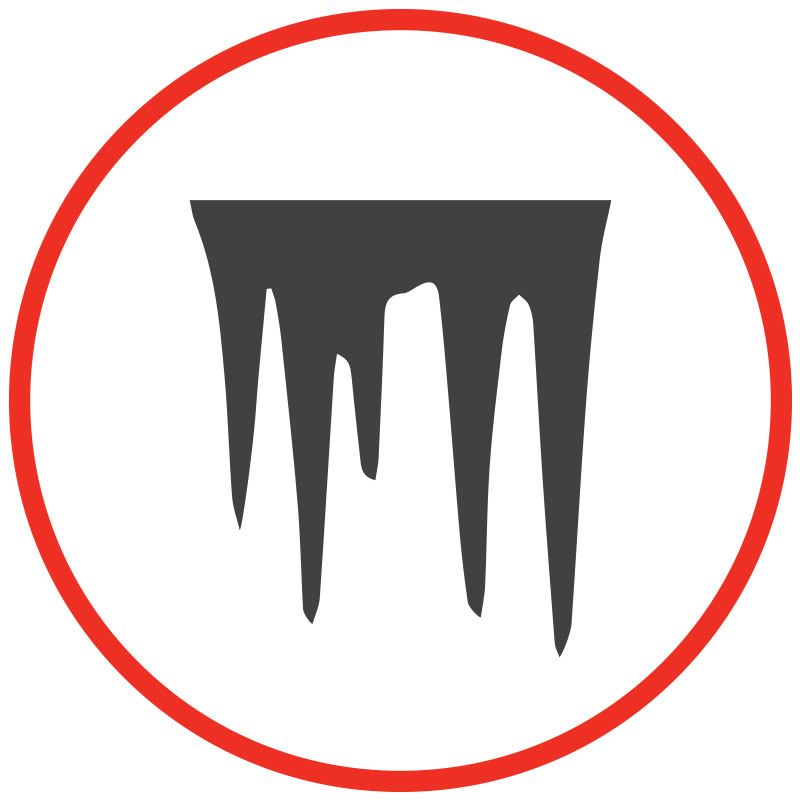
Frozen Garage Door
If your garage door is stuck and you see ice or snow around the bottom of the door, your door could be frozen to the concrete. This happens when your bottom weatherseal sits in water or wet snow that eventually freezes.
To prevent this from ever happening, check out our 5 Ways To Prevent A Frozen Garage Door blog.
To fix a frozen garage door, use warm water to melt the ice and/or chip it away. Once you have freed your garage door, clean and dry the area to prevent the door from refreezing.
With a frozen garage door, it is equally important to know what NOT to do.
Do not try to force your door open. This is an easy way to rip your weatherseal, which will allow water, snow, and cold air into your garage. At that point you’ve simply traded one garage door problem for another more permanent one.
Do not use salt-based ice melt on your door, especially if it is a metal door. Salt is corrosive. Because many homeowners use ice melt during the winter months, if it gets on your door be sure to clean the door as soon as you can. Waxing your door can be a great way to prevent ice melt from sticking to your door.
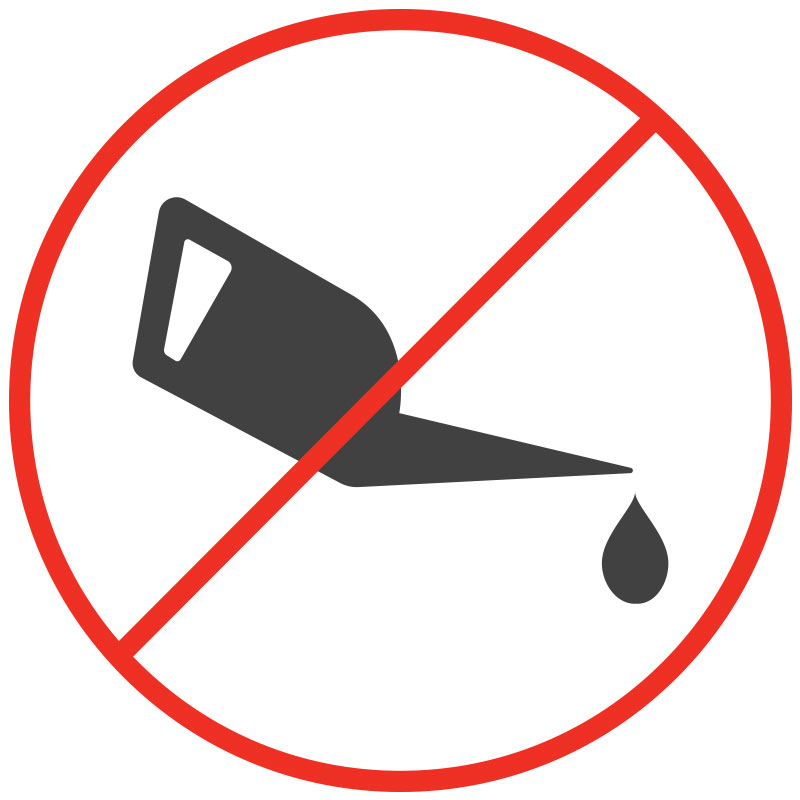
Lack Of Lubrication
If your door opens, but doesn’t roll smoothly or gets stuck at a certain spot in the track, it is likely a lubrication issue. With moving parts, proper lubrication is essential to proper function. As the temperature drops, lubricant can harden and become less fluid, causing issues when you try to open or close your door.
Applying a grease solvent to the moving parts of your door can remove any hardened lubricant. After this, clean and apply a silicone-based lubricant to the metal parts of your door.
Do not use WD-40 on your garage door. WD-40 is not a true lubricant and can actually cause more problems for your door. Also, do not lubricate your nylon garage door rollers, which are typically black or white.
